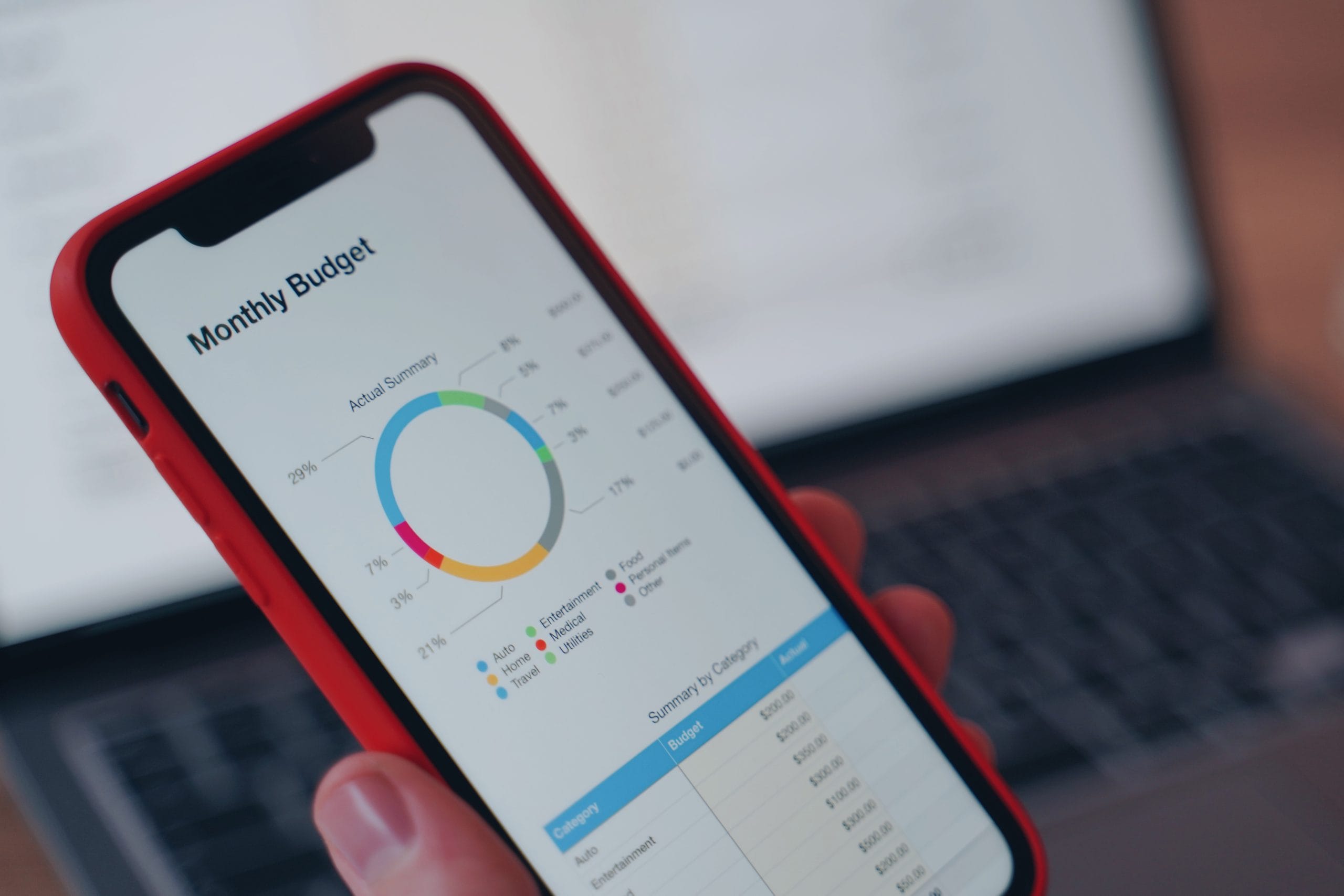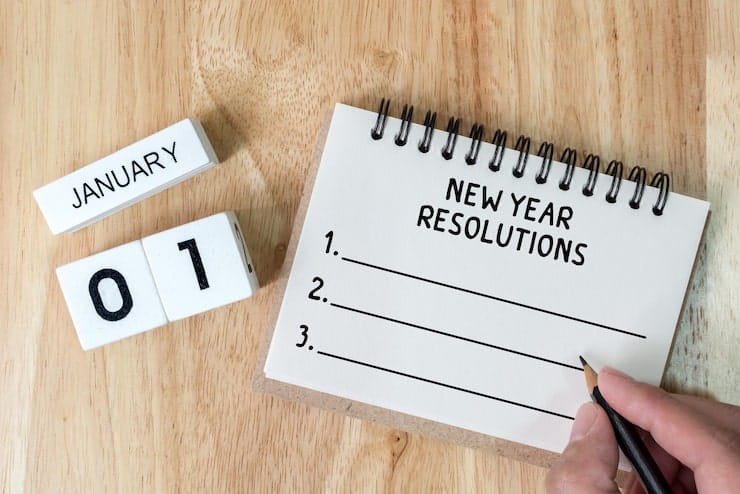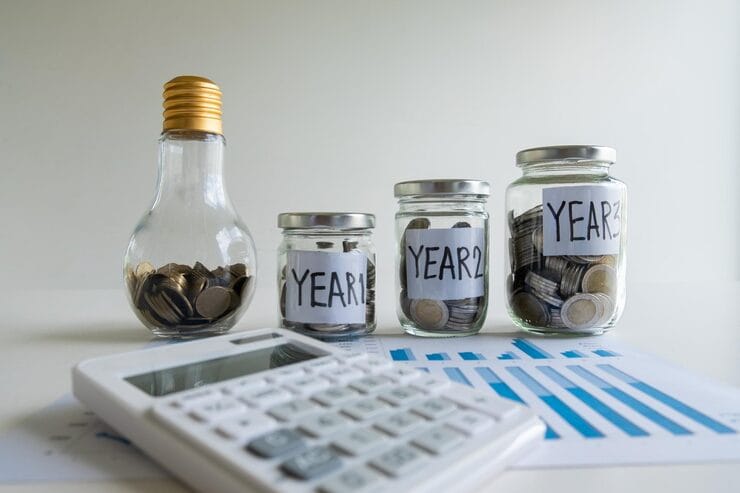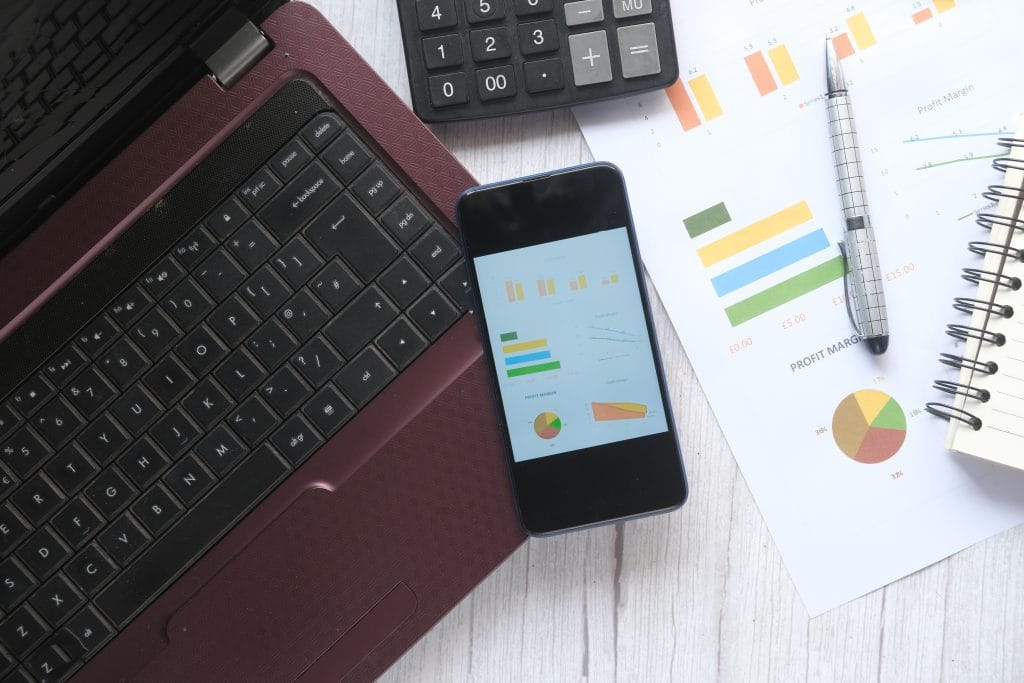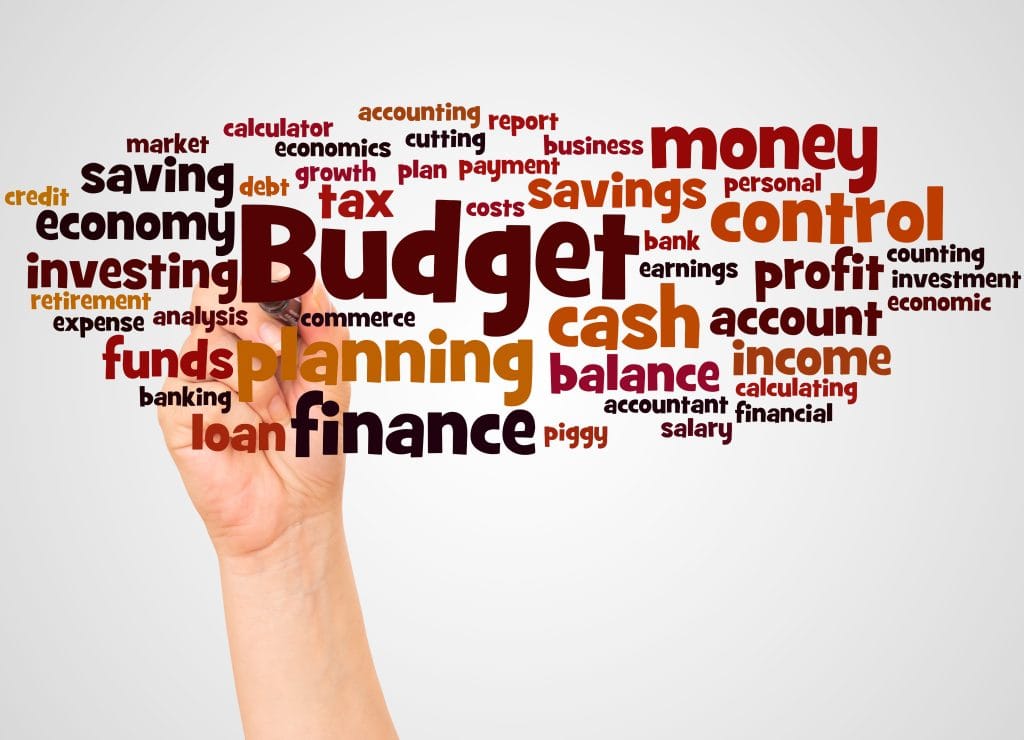Moving to a new country is an exciting adventure filled with new opportunities and experiences. Canada offers a welcoming environment, but successfully settling in the newcomer budget Canada is the first step toward building a stable and prosperous life here. This guide will walk you through managing your finances, from initial costs to long-term financial health, so you can start your Canadian journey on the right foot.
Understanding Initial Settlement Costs
Your first few months in Canada will likely be your most expensive. It is crucial to have a clear picture of the one-time expenses you will face. These initial settlement costs can vary greatly depending on the city you choose and your family size, but planning for them is key to a smooth transition.
quires careful financial planning. Creating a solid Key expenses to factor into your budget include:
- Temporary Accommodation: You might need to stay in a hotel, Airbnb, or short-term rental while you search for a permanent home. Costs can range from $100 to $250 per night.
- Rental Security Deposit: Most landlords require a security deposit, which is typically half of one month’s rent. You will also need to pay your first month’s rent upfront.
- Home Setup: This includes purchasing furniture, kitchen supplies, bedding, and other household essentials. You can save money by looking for second-hand items on platforms like Facebook Marketplace or Kijiji.
- Utilities and Services: Budget for connection fees for internet, electricity, and your mobile phone plan.
- Transportation: Whether it’s a monthly transit pass or the initial costs of purchasing a car, transportation is a significant expense.
A good rule of thumb is to have at least three to six months of living expenses saved up before you arrive. This financial cushion will give you peace of mind while you look for employment and get settled.
Setting Up Your Financial Foundation
Once you arrive, one of your first priorities should be opening a Canadian bank account. This is a vital step for receiving salary payments, paying bills, and managing your daily spending. The bank account setup process in Canada is straightforward for newcomers. Major banks often have special packages designed for new immigrants that may include no-fee banking for the first year and a secured credit card.
You will typically need to provide documents like your passport, Confirmation of Permanent Residence (COPR) or work/study permit, and proof of address. Having a Canadian bank account makes it easier to manage your finances locally and is the first step toward building a financial history in the country.
Mastering Your Monthly Newcomer Budget in Canada
After covering your initial setup costs, your focus will shift to managing your monthly income and expenses. A detailed budget is the most powerful tool for expat budgeting. It helps you track where your money is going and ensures you are living within your means.
Your monthly budget should include categories like:
- Housing: Rent or mortgage payments, plus property taxes and utilities.
- Transportation: Public transit passes, car payments, insurance, gas, and maintenance.
- Groceries: Food costs can vary significantly by province.
- Healthcare: While Canada has a public healthcare system, you may need private insurance for services not covered, such as dental, vision, and prescription drugs.
- Personal Spending: This includes entertainment, dining out, shopping, and hobbies.
- Savings: Aim to set aside a portion of your income for emergencies, long-term goals, and retirement.
Tracking your spending helps you identify areas where you can cut back if needed. It also ensures you are prepared for unexpected expenses without derailing your financial goals. A well-managed monthly budget is the cornerstone of a successful financial life in Canada.
Managing Money Across Borders
As a newcomer, you will likely have to manage finances in both Canadian dollars and your home currency. This can lead to complex multi‑currency expenses, especially in the beginning. You might have ongoing financial commitments back home or need to send money to support your family.
This is where a dedicated financial tool can make a significant difference. Managing international transfers through traditional banks can be slow and costly due to high fees and unfavorable exchange rates. Using a modern solution like Emohpay can simplify these transactions. The app is designed to help you manage funds in different currencies, offering competitive exchange rates and lower fees for remittances. This allows you to send money home efficiently without losing a large portion to transfer costs, making it easier to manage your global financial life from Canada.
Frequently Asked Questions
Navigating a new financial system can bring up many questions. Here are answers to some common concerns for those creating a newcomer budget Canada.
How much should I set aside for initial housing and setup costs?
This amount varies widely based on your destination city. For a major city like Toronto or Vancouver, you should aim to have at least $5,000 to $10,000 for a single person to cover the first month’s rent, a security deposit, and basic furnishings. For a family, this figure could be closer to $15,000 or more. Research the specific rental market and cost of living in your chosen city to create a more accurate estimate.
What’s the best way to track CAD vs home-currency spending?
The most effective way is to use a budgeting app Canada that supports multiple currencies. Tools like Emohpay are designed for this purpose, allowing you to see your complete financial picture in one place. Alternatively, you can use a detailed spreadsheet, keeping separate columns for your Canadian expenses and your home-currency transactions. Convert all expenses to a single currency (like CAD) in your spreadsheet periodically to get a clear overview of your total spending.
How soon should I start building credit in Canada?
You should start building your credit score Canada as soon as possible. A good credit history is essential for securing loans, mortgages, and even some rental agreements or phone plans. One of the easiest ways to start is by getting a secured credit card from your bank when you open your account. Use it for small, regular purchases and be sure to pay the balance in full every month. This demonstrates responsible credit use and will help you build a positive credit history from day one.
Building a new life in Canada is a journey. By creating a comprehensive newcomer budget Canada and using the right financial tools, you can navigate the initial challenges with confidence and set yourself up for long-term success. Welcome to Canada.

